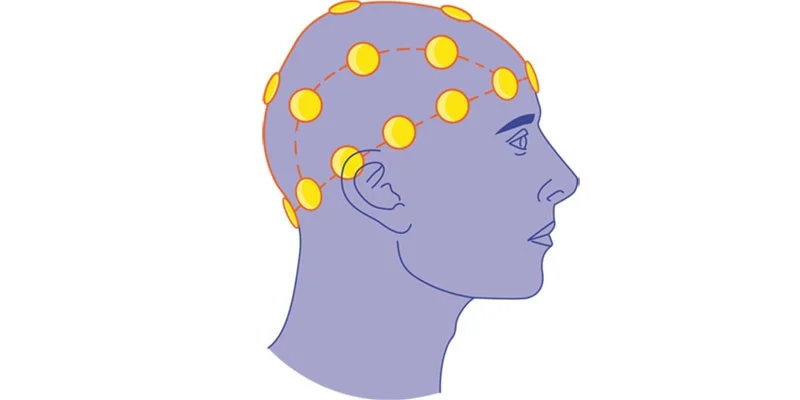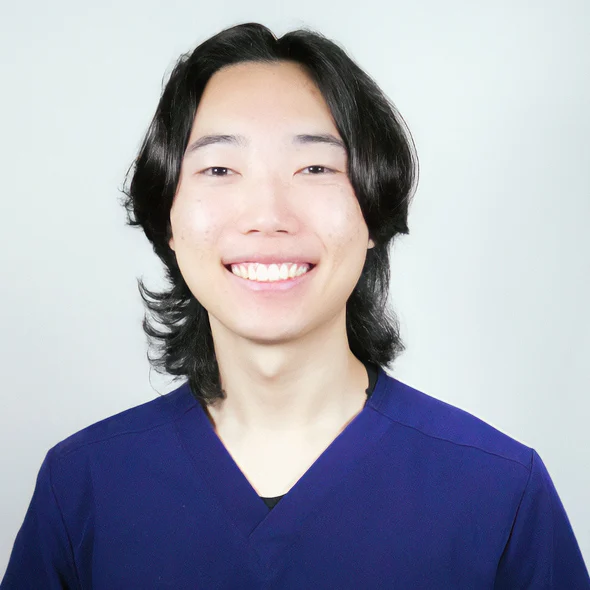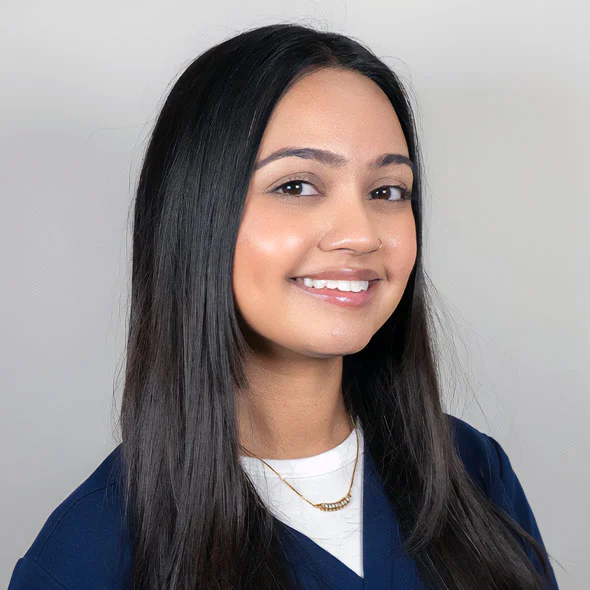Do daydreams cause distraction? Is sitting still difficult? Do fidgeting and lack of focus create challenges?
If you have been diagnosed with Attention Deficit/Hyperactivity Disorder (ADHD), you might feel overwhelmed by the wide range of treatment options. Many involve pharmaceutical solutions that introduce chemicals into the body, raising concerns about side effects and long-term impact.
For parents of children with ADHD, these concerns often become even more significant. Worries about how medication might affect their child’s growth, development, and future can be stressful. Fortunately, natural and holistic approaches offer alternatives that address the brain-based causes of the disorder.
At Norcal Brain Center, we evaluate each patient individually to develop a non-surgical, drug-free treatment plan. By supporting brain and nervous system recovery, we help individuals maximize their potential.
Causes of ADHD
Brain imaging studies show that individuals with ADHD have differences in brain structure and function. In children, certain areas of the brain may develop more slowly, weakening executive functions such as time management and attention control.
In adults, poor frontal lobe function often disrupts problem-solving and organization, making daily life and work more challenging. Additionally, inefficient communication between brain regions contributes to issues with focus, impulse control, and motivation.
Experts agree that ADHD is hereditary, often running in families. If a parent has ADHD, their child has a high chance of developing it as well.
Symptoms of ADHD
- Struggles with Motivation: People with ADHD can focus intensely on enjoyable activities, like video games or sports, but may have trouble concentrating on routine or difficult tasks. Starting and switching tasks can also be difficult.
- Mood Instability: A poorly functioning frontal lobe can lead to frequent mood swings and irritability.
- Information Processing Issues: Many individuals with ADHD struggle to absorb, connect, and use new information effectively.
- Memory Problems: Weak information retention affects recall, making learning and daily tasks more difficult.
- Intensified Daydreaming: Self-regulation challenges make it hard to break out of daydreams. A person with ADHD may need direct interaction, like a touch on the shoulder, to regain focus.
Functional Neurology and Holistic Care at Norcal Brain Center
Assessment
Functional neurology identifies and treats the root causes of ADHD. We examine contributing factors such as digestive health, inflammation, emotional well-being, and infections to provide a complete picture of each patient’s condition. Because ADHD affects everyone differently, we customize assessments to target specific functional weaknesses and improve overall brain performance.
Treatment
Neuroscience has proven that the brain is adaptable and capable of change. With the right therapies, we can help improve brain function and reduce ADHD symptoms.
At Norcal Brain Center, we take a holistic approach, offering:
- Muscle Strengthening & Balance Rehabilitation – Enhances coordination and stability.
- Auditory Integration Training – Helps reduce sensory sensitivities.
- Nutritional Guidance – Identifies and removes food-related triggers.
- Proprioceptive Training – Improves motor reflexes and joint function.
- Neurosensorimotor Integration – Retrains the brain and nervous system for better efficiency.
- Cognitive Processing Therapy – Strengthens focus, memory, and attention skills.
If ADHD affects you or a loved one, schedule an assessment at Norcal Brain Center. A non-invasive, holistic treatment plan may provide the relief and support you need to thrive.







